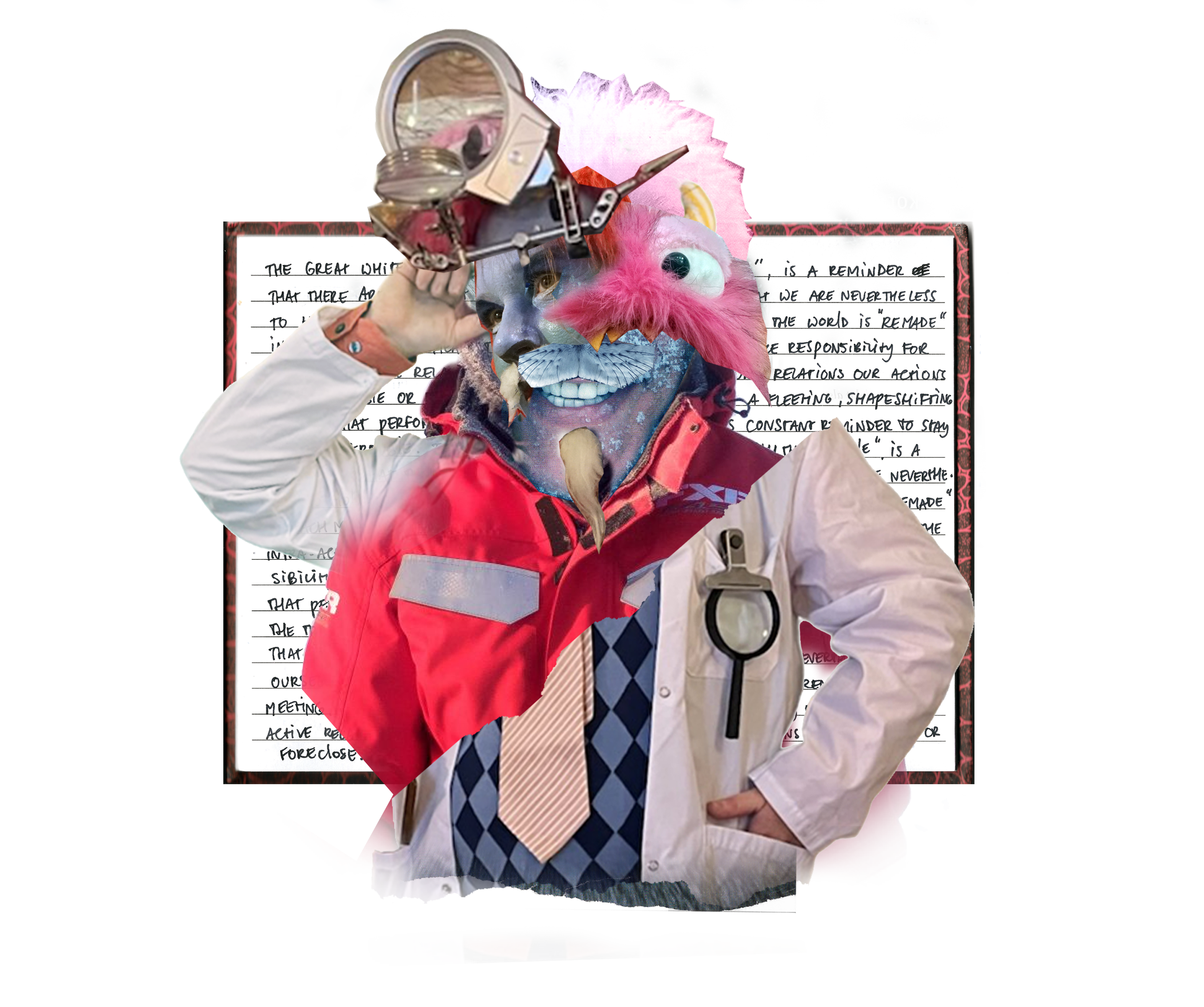Politics of In-action and Refusal: Difference between revisions
No edit summary |
No edit summary |
||
| Line 27: | Line 27: | ||
<span class="detour link" data-page-title="Point of Beginning (Pre-)workshops" data-section-id="0" data-encounter-type="detour">[[Point of Beginning (Pre-)workshops|Detour to Cut 1:]]</span> | <span class="detour link" data-page-title="Point of Beginning (Pre-)workshops" data-section-id="0" data-encounter-type="detour">[[Point of Beginning (Pre-)workshops|Detour to Cut 1:]]</span> | ||
<span class="return to cut 2 link" data-page-title="Workshop Coral Harbour" data-section-id="2" data-encounter-type="return">[[Workshop Coral Harbour#Building Qamutiq|Return to Cut 2:Workshop Coral Harbour]]</span> | <span class="return to cut 2 link" data-page-title="Workshop Coral Harbour" data-section-id="2" data-encounter-type="return">[[Workshop Coral Harbour#Day 1: Building Qamutiq (Morning)|Return to Cut 2:Workshop Coral Harbour]]</span> | ||
Revision as of 13:08, 4 March 2025

In community-based research, actions shape rather than just document reality. They can potentially create transformative ethical engagements across generations and cultures, like arguably happened with the igloo building in Gjoa Haven.
However, when attempts are made to pre-emptively announce such activities as ethical practices while there are relational tensions connected to the research - like was the case in Coral Harbour- there is a risk that frameworks like the Ethical Space of Engagement are co-opted, and performed as symbolic gestures rather than as meaningful encounters.
Claiming failure, may be a powerful way of resisting and refusing co-optation in such instances, rather than allowing for critical or Indigenous frameworks to be absorbed or neutralized.
As Sara Ahmed writes: "Feminist work is often about pushing against structures that do not move; we might push and push, and yet those structures remain in place. To persist in pushing against what does not move is to become fragile; we are worn down by what we come up against.[1]"
Likewise, Sara Ahmed argues that "inaction" as the withdrawal from oppressive structures can be more powerful than trying to change them from within: "“Not participating in an inheritance can be an action; not going along with something can be an action. We might refuse to inherit the spaces that we are given[2].”
"Refuse" to take an active part in organizing the final workshops in Coral Harbour any further.
or,
- ↑ Ahmed, S. (2012). On being included: Racism and diversity in institutional life. In On being included. Duke University Press.
- ↑ Ahmed, S. (2017 p. 136). Living a feminist life. Duke University Press. https://doi.org/10.1515/9780822373377
